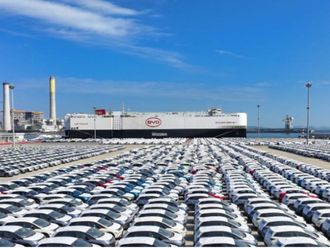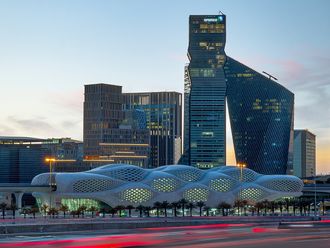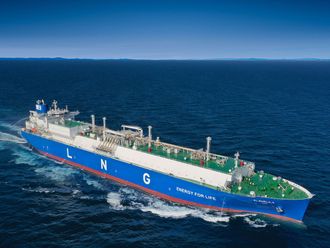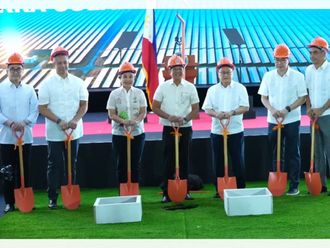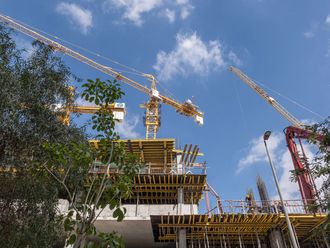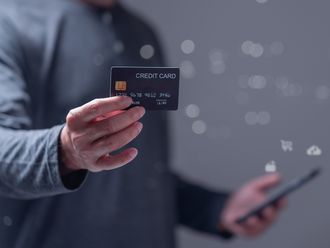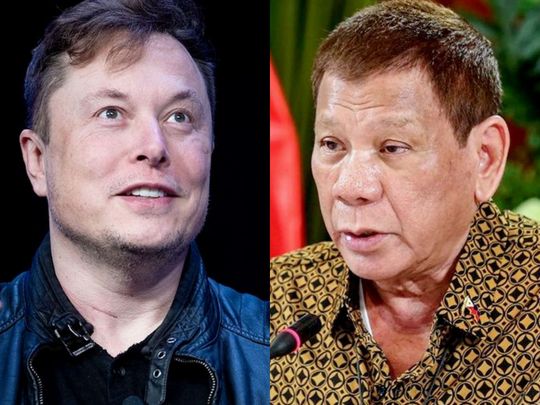
WILL Tesla, BYD, XPeng, Nio, Lucid, Li, SAIC, CATL, LG, Panasonic and other top EV firms or components makers finally set up shop in the Philippines?
A new development in the country’s legislative scene may make this increasingly likely. The latest legislation — known as the the Electric Vehicle Industry Development Act (EVIDA) — could accelerate EV industry in the nation of 110 million, also known for its abundant nickel deposits.
The bill is seen as a breakthrough. Two versions of the bill were initially passed, each from the lower House of Representatives and the Senate. Two contentious points emerged: the installation of charging points in parking lots, and EV charging points in petrol stations. This has been threshed out.
On December 16, 2021, the Senate approved the “harmonised” version and EVIDA was threshed out by the powerful bicameral committee.
Duterte’s signature expected
Now, the bill is expected to be signed later this month (February) or in March, according to Senator Sherwin T. Gatchalian, principal author of the Senate version and chair the bicameral conference committee.
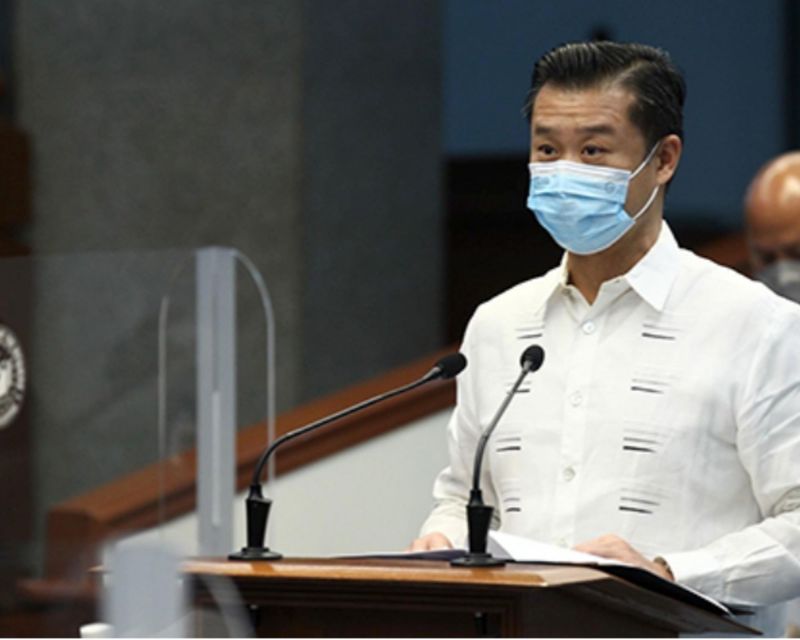
The key legislation sets a milestone for the nascent industry, and answers key concerns of the domestic market about EVs.
The Philippines is also one of the world’s top producers of nickel, a key mineral in lithium-ion batteries, and a cornerstone of next-generation battery chemistry being pushed by Tesla and competitors. Tesla CEO Elon Musk has repeatedly urged miners to produce more nickel.
Frost & Sullivan Senior Vice President Vivek Vaidya said earlier that 45% of Filipinos are considering the possibility of purchasing an EV.
Roadmap
EVIDA lays down a “roadmap” for the Philippines' EV sector, through the Comprehensive Roadmap for the Electric Vehicle Industry (CREVI).
The CREVI will set the standards and specifications for EVs, charging stations, parts and components, batteries, and related facilities.
It will set common standards and specifications for the following:
▶ EVs
▶ Charging stations
Equipment, parts and components
Batteries, and related facilities
According to the bill, CREVI will determine when dedicated parking lots and charging facilities at petrol pumps are to be offered to EV users.
Charging points at petrol stations
Owners of buildings and petrol pumps are also given the option to install, operate or maintain a charging station on their premises or allow a service provider to do so.
Specific public buildings and establishments will also be permitted to install public charging stations operated on a commercial basis.
The Department of Energy (DoE), together with the Department of Transportation (DoTr), various other national government agencies, and industry stakeholders, are mandated to craft implementing rules and regulations within 120 days after the law takes effect.
Under EVIDA, the Department of Environment and Natural Resources (DENR) is designated as the lead agency in setting the rules for recycling and disposing of waste products from EVs.
Contentious points
“The two Houses of Congress managed to find common ground on the Two most contentious provisions — the installation of charging stations in dedicated parking slots and the installation of charging stations in dedicated spaces in gas stations,” Gatchalian told the local media.
▶ Owners of buildings and petrol stations have the option to install, operate or maintain a charging station on their premises or allow a service provider to do so.
▶ CREVI will determine when dedicated parking lots and charging facilities at gasoline stations are to be offered to EV users.
▶ Public buildings and establishments will be permitted to install public charging stations operated on a commercial basis.
▶ It calls for common standards and specifications of EVs, charging stations and equipment, parts and components, batteries, and related facilities.
▶ Prescribes that there should be at least 5% dedicated parking slots for EVs.
▶ Exempts EV users from “number coding” (road decongestion scheme).
▶ It gives EV users priority in vehicle registration and renewal.
Why nickel matters
EVs also known as "computers on wheels". Philippines is not only one of the world’s top electronics exporters ($46 billion in 2021), but is also among the world’s top producers of high-grade nickel ore, a major feedstock in EV batteries.
In terms of mass, nickel is the most important metal in the lithium-ion battery cathodes. Some battery formulations use up to 80% nickel. In 2020, the Philippines' annual nickel output reached an estimated 320,000 tonnes.
The US Geological Service (USGS) estimates that the Philippines has up to 4.8 million tonnes of nickel deposits.
Indonesia banned exports of nickel ore (under 2009 Mining Law) to force miners to process the ore domestically. Indonesia's first plant to process nickel for use in EVs was commissioned in May 2021, with seven more projects in the pipeline.
Last year, Indonesia has received an investment proposal from Tesla, while neighbouring Vietnam now has VinFast, its own EV brand (which offers a 10-year warranty). Indonesia's export ban boosted the Philippines’ prospects of becoming the world’s top exporter of the mineral.


